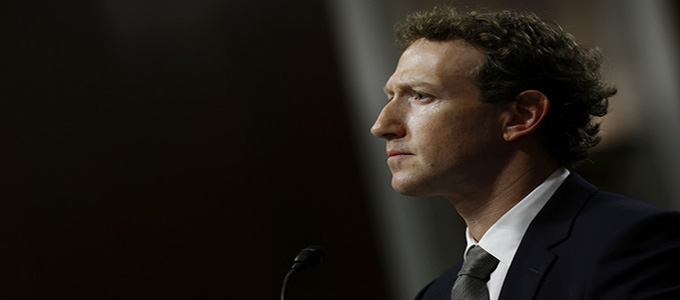Trump's reciprocal tariffs would hit these European Union products that Americans buy the hardest
Over $600 billion in European goods were imported by the U.S. last year. New tariffs from President Trump will likely hit these popular categories the hardest.

The U.S. imported roughly $600 billion worth of goods from European Union member states in 2024, and as President Trump prepares to potentially extend his tariffs beyond metals to a wide range of products from allies, some product categories would be hit much harder than others in the latest “reciprocal” trade war move by the U.S. government.
The top U.S. import from the EU in 2024, by category and dollar value, was pharmaceutical products, according to data from the U.S. Trade Census analyzed by ImportGenius. Included in that $127 billion worth of EU imports was semaglutide, an ingredient used in the popular GLP-1 weight loss drugs from Novo Nordisk
, Ozempic and Wegovy. The GLP-1 compound was the sixth-largest import from the EU to the U.S., at $15.6 billion.
The drug and medical industry, overall, will experience among the most significant tariff impacts by sector. Surgical and medical instruments imports were valued at $37 billion; medical devices, which span CRT Machines, respirators, orthopedic devices, and surgical equipment, tallied $22 billion. Vaccines, hearing aids ($1.3 billion) and artificial joints ($2.5 billion) were also among top imports in 2024.
Drug giants including Eli Lilly
, which has a major presence in Ireland — where its GLP-1 drugs that use the compound tirzepatide, including Mounjaro and Zepbound, are manufactured — and Novo Nordisk, which is based in Denmark, have been increasing their manufacturing footprint in the U.S. due to demand for weight-loss drugs, with Lilly investing billions in new facilities, including R&D facilities near its corporate headquarters in Indiana, and Novo Nordisk investing in North Carolina.
Trump said Sunday that he planned to slap reciprocal tariffs on “every country” that imposes import duties on the U.S. “Very simply it’s if they charge us, we charge them,” he said on Air Force One, NBC News reported.
President Trump’s action for now is only issuing a presidential memorandum on the tariffs, and CNBC learned on Thursday that the tariffs would likely not go into effect for at least a few months. The White House said on Thursday that tariffs could be levied in response to VAT taxes, which are used in the EU, Canada, Mexico and many other countries, or devalued currencies. Sending merchandise through another country to avoid tariffs will lead to reciprocal tariffs as well.
Among products the White House cited in a fact sheet as unfair in trade and tax practice are shellfish and autos between the U.S. and EU; ethanol between the U.S. and Brazil; and trade in motorcycles between the U.S. and India. The White House also mentioned the digital services tax that many nations charge U.S. tech companies, as Trump’s aggressive stance on international economic relationships grows to cover a wider range of corporate tax threats.
Exemptions for various industries such as pharmaceuticals or autos might be considered, according to previous reporting including comments from House Speaker Mike Johnson to Reuters, but Trump said in Oval Office comments to the press on Thursday that there will be no exemptions for any tariffs put in place. Trump indicated on Thursday that auto import tariffs are on the way, too, according to a Reuters report.
Still, whether Trump will follow through on these tariffs, on which countries and in which product categories, remains uncertain. “I’ve decided for purposes of fairness that I will charge a reciprocal tariff,” Trump said in the Oval Office on Thursday. “It’s fair to all. No other country can complain.”
Howard Lutnick, Trump’s nominee for Commerce secretary, will lead studies to be completed by April 1 on the tariffs plan.






















